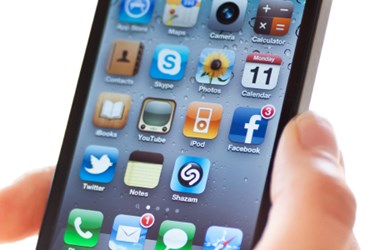Costs, Privacy Concerns Result In 46% Of Consumers Dropping Health Apps

By Katie Wike, contributing writer

A Verizon Foundation-funded survey conducted by researchers at NYU Langone Medical Center finds while many consumers have download healthcare related apps, 46 percent have stopped using them.
While many Americans download health and fitness apps, many stop using them over time according to a study published in Journal of Medical Internet Research mHealth and uHealth.
“Smartphone applications have tremendous potential to help market healthy lifestyle habits to people who may be harder to reach in other ways.” says lead researcher New York University (NYU) Langone Medical Center epidemiologist Dustin Duncan in Medical News Today, “Especially minorities, and those with lower incomes and serious health problems.”
Despite the benefits, iHealth Beat reports 46 percent of respondents said they have stopped using a health app because of costs, privacy concerns, or waning interest. Overall, 58 percent of respondents said they had downloaded at least one health app, while 42 percent said they had downloaded five or more health apps.
Of all the apps downloaded:
- 53 percent tracked physical activity
- 48 percent tracked food intake
- 47 percent tracked weight loss
- 34 percent provided exercise instructions
In addition, when asked about how much they were willing to pay for mobile health apps:
- 41 percent of respondents said they would never pay for such an app
- 20 percent said they would pay up to $1.99
- 23 percent said they would pay between $2 and $5.99
Study author Paul Krebs, PhD, says, “Our study suggests that while many Americans have embraced health apps along with their smartphones, there are challenges to keeping users engaged, and many Americans who might benefit are not using them at all.
“There is still much more to be learned about how we can broaden the appeal and make best use of the wide variety of health apps now available, not just for fitness and nutrition, but for other purposes, such as monitoring sleep and scheduling medical appointments.”
